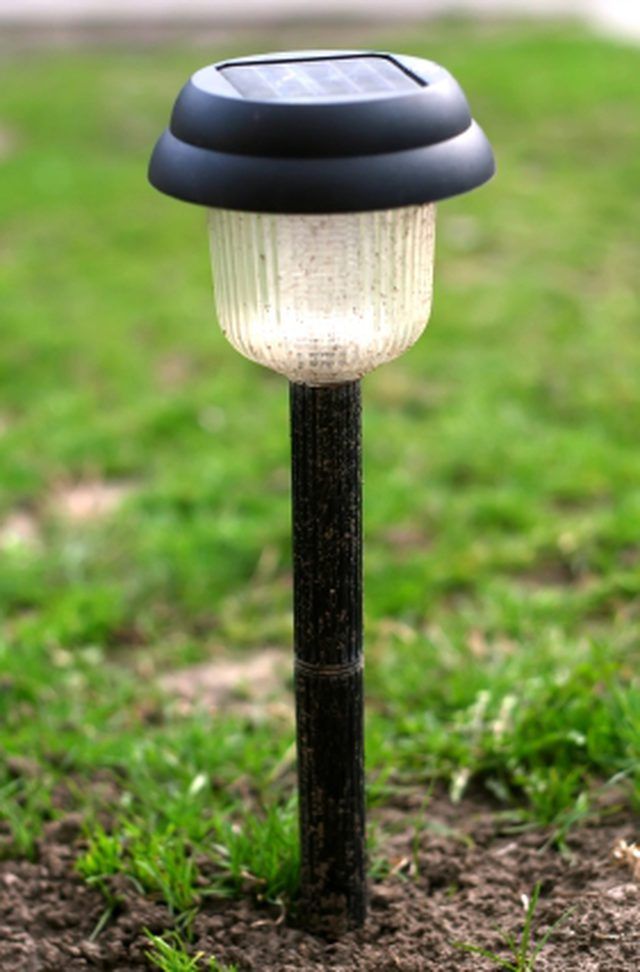Bulbs
Flower Basics
Flower Beds & Specialty Gardens
Flower Garden
Garden Furniture
Garden Gnomes
Garden Seeds
Garden Sheds
Garden Statues
Garden Tools & Supplies
Gardening Basics
Green & Organic
Groundcovers & Vines
Growing Annuals
Growing Basil
Growing Beans
Growing Berries
Growing Blueberries
Growing Cactus
Growing Corn
Growing Cotton
Growing Edibles
Growing Flowers
Growing Garlic
Growing Grapes
Growing Grass
Growing Herbs
Growing Jasmine
Growing Mint
Growing Mushrooms
Orchids
Growing Peanuts
Growing Perennials
Growing Plants
Growing Rosemary
Growing Roses
Growing Strawberries
Growing Sunflowers
Growing Thyme
Growing Tomatoes
Growing Tulips
Growing Vegetables
Herb Basics
Herb Garden
Indoor Growing
Landscaping Basics
Landscaping Patios
Landscaping Plants
Landscaping Shrubs
Landscaping Trees
Landscaping Walks & Pathways
Lawn Basics
Lawn Maintenance
Lawn Mowers
Lawn Ornaments
Lawn Planting
Lawn Tools
Outdoor Growing
Overall Landscape Planning
Pests, Weeds & Problems
Plant Basics
Rock Garden
Rose Garden
Shrubs
Soil
Specialty Gardens
Trees
Vegetable Garden
Yard Maintenance
How to Care for Solar Garden Lights
How to Care for Solar Garden Lights. Solar lamps are an attractive, relatively inexpensive way to make your garden “shine” at night without adding to your electric bill. Proper care and maintenance will help extend the life of the lamps, making it possible for you to enjoy your environmentally friendly lighting solution for several...

Solar lamps are an attractive, relatively inexpensive way to make your garden "shine" at night without adding to your electric bill. Proper care and maintenance will help extend the life of the lamps, making it possible for you to enjoy your environmentally friendly lighting solution for several years.
Things You'll Need
Dust cloth
Consider what you want lighted and the purpose the light will serve before you purchase solar lights. Solar garden lights are not as bright as other, more traditional lighting sources, so they may not be the best solution for certain areas, for example, lighting outdoor stairs.However, if softer accent light is what youíre looking for, shop away. There are several basic shapes and sizes of solar lights available, and more decorative, ornamental solar lights appear on the shelves every spring.
Dust or clean the outside of the panels before you "install" the lamps.
Take them apart once each season and dust or clean the inside of the fixture with a damp rag. Youíll be amazed at the dust, dirt, pollen and bugs youíll find in there. Keeping them dirt-free will extend the life of the lamps.
Observe the brightness of your lamps at night. If your lamps have been exposed to a full day of sun, the batteries should be fully charged. If, under those conditions, the lights are dimmer than usual, itís time to replace the batteries.Some manufacturers claim that the batteries are designed to "withstand a minimum of 1,000 deep discharges," which is equal to around a thousand nights of light. In truth, you may have to replace the batteries after a year or two. Fortunately, these NiCad rechargeable batteries are available wherever the lights are sold, and they are quite inexpensive.
Store your lights inside during the winter if you live in a place that gets lots of snow. Solar lights are reported to be designed for all types of weather; however, if your lights have glass panels, they may be affected by snow and extreme cold. If you decide to store them, be sure to turn the switches to the Off position to save your batteries, and store them in a closed box or other dark place.
Tips & Warnings
When placing your lights back outside in the spring, don't forget to turn the switches back to the On position.